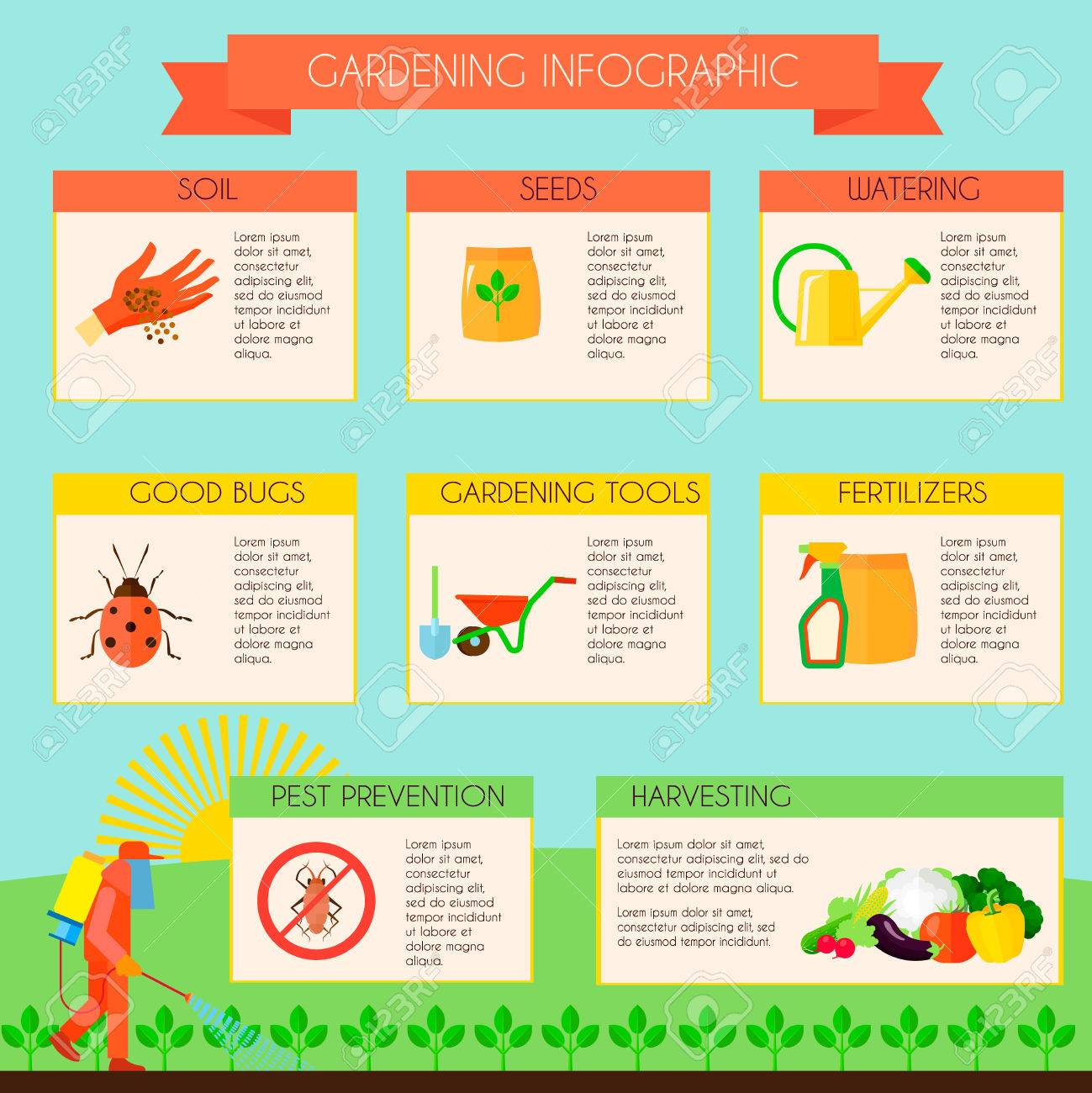The Tricks Of Insect Control Pros! Release The Power Of Innovative Techniques And Bid Farewell To Pesky Pests Completely
The Tricks Of Insect Control Pros! Release The Power Of Innovative Techniques And Bid Farewell To Pesky Pests Completely
Blog Article
Article Developed By-Thiesen Paaske
Are you tired of depending solely on sprays to deal with bugs in your house or work environment? While sprays can work, pest control professionals have developed innovative strategies that exceed simply splashing chemicals.
These strategies not just supply a lot more reliable and long-lasting services, yet also concentrate on decreasing using dangerous pesticides. By checking out these innovative techniques, you will uncover a whole brand-new world of parasite control methods that are not just effective, but also eco-friendly.
So, are you ready to take your pest control game to the next level?
Integrated Parasite Administration (IPM)
If you're looking for an effective and environmentally-friendly technique to pest control, Integrated Bug Monitoring (IPM) is the service you need. IPM concentrates on long-lasting avoidance and management of insects, rather than merely counting on pesticides. This strategy takes into consideration the details requirements and behaviors of insects, as well as the surrounding setting.
By using a mix of methods such as biological control, environment manipulation, and targeted chemical usage, IPM intends to lower the dependence on chemical treatments and minimize harm to non-target microorganisms.
simply click the following internet site of IPM is keeping an eye on and recognizing insects properly. This includes regularly checking and evaluating the pest population, as well as recognizing the particular varieties present. By recognizing wasp exterminator cost and actions of pests, pest control professionals can establish targeted approaches to interrupt their life process and reduce their numbers.
Another essential element of IPM is using non-chemical control techniques whenever possible. This can consist of physical obstacles, such as installing screens or securing fractures and holes, to stop bugs from entering structures. Additionally, social techniques, like appropriate hygiene and waste management, can aid remove parasite food sources and breeding premises.
When chemicals are necessary, IPM focuses on using them carefully and as a last hope. This suggests choosing the least hazardous and most efficient option, applying it specifically and only to impacted areas, and adhering to all safety guidelines. By minimizing chemical use, IPM minimizes the potential risks to human health and wellness and the environment.
Biological Control
To even more boost the effectiveness of Integrated Insect Management (IPM), the following subtopic we'll discover is the approach of biological control. This method makes use of natural predators or parasites to manage pests.
Right here are 4 vital elements of biological control:.
1. Introduction of all-natural opponents: In this technique, valuable insects or microorganisms are introduced to the area ravaged with insects. These natural opponents victimize the insects, aiding to reduce their population.
2. please click the up coming post of all-natural adversaries: Rather than introducing new organisms, this method focuses on creating an appropriate environment for existing advantageous insects. This can be achieved through providing food, shelter, and water sources.
3. Augmentation: Right here, the number of natural opponents is boosted artificially by reproducing and releasing them right into the plagued location. This helps to swiftly minimize the pest populace.
4. Push-pull strategy: This strategy integrates repellents and attractants to manipulate the actions of bugs. Repellents press parasites far from plants, while attractants draw them in the direction of trap plants or areas where they can be easily controlled.
Environment Alteration
Environment modification plays a vital duty in insect control by changing the atmosphere to discourage insect invasions. By making changes to the physical features of an area, you can develop an inhospitable environment for insects, making it harder for them to make it through and grow.
One typical technique of habitat modification is getting rid of or lowering potential food resources for insects. This can consist of appropriate waste management, sealing containers, and cleaning up food crumbs.
In addition, eliminating or minimizing areas of standing water can assist manage parasites like insects.
Changing the landscape by cutting trees and bushes away from structures can additionally prevent insects from accessing your building.
Final thought.
So there you have it - the sophisticated techniques utilized by bug control professionals go beyond simply spraying chemicals. Integrated Parasite Monitoring (IPM) combines various methods to effectively manage parasites, while biological control harnesses natural opponents to maintain bug populaces in check.
Habitat alteration also plays an essential role in avoiding bug infestations.
Did you recognize that according to a study, executing IPM strategies minimized chemical usage by approximately 71%? This not only safeguards our health and the setting but also conserves money over time.
